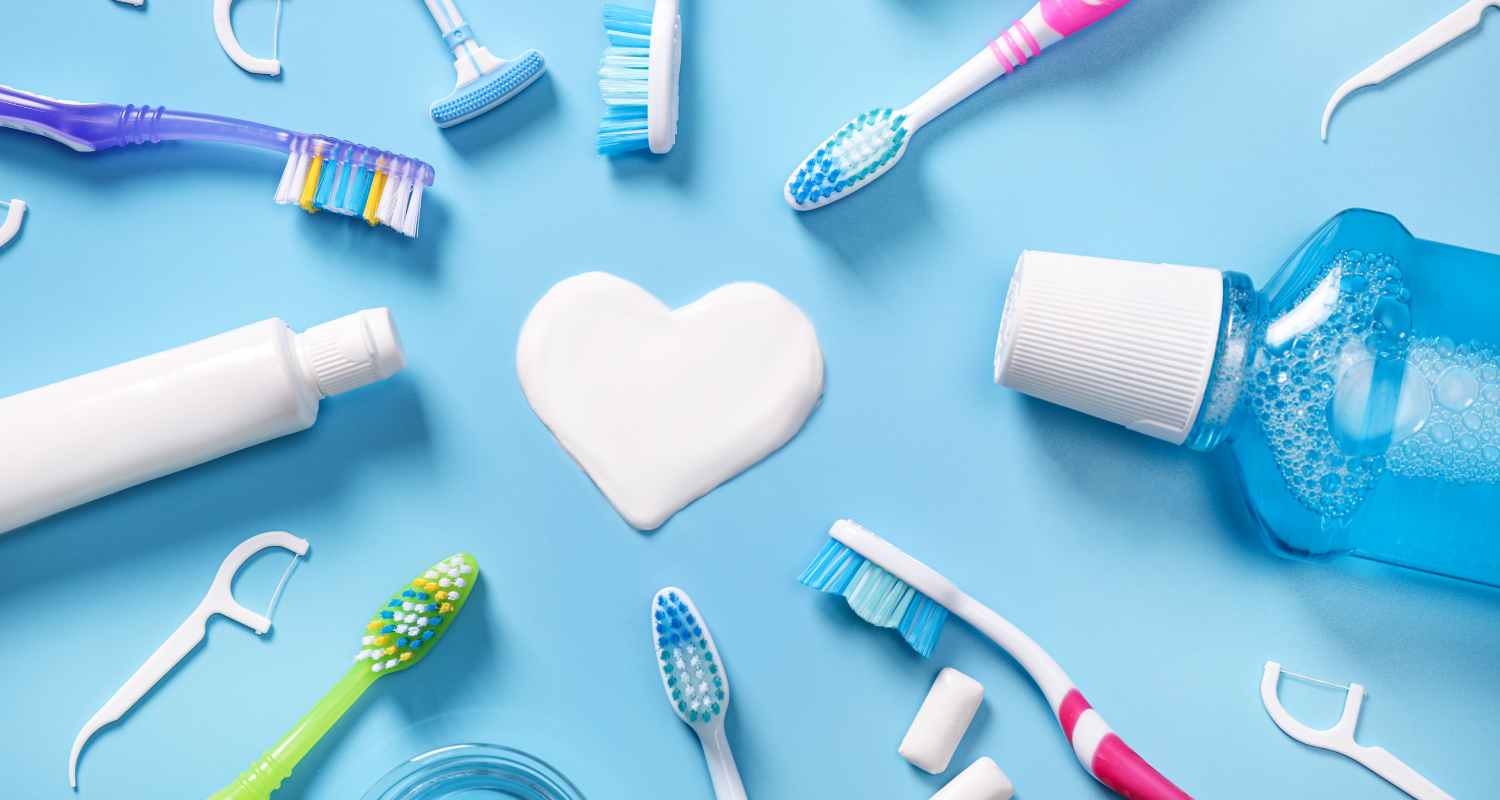The teenage years are a time of significant change, and that includes changes in the mouth! From navigating braces and wisdom teeth to dealing with the temptations of sugary snacks and sports injuries, teens face unique oral health challenges. This guide will equip teens (and their parents) with the knowledge and tools to navigate this dental maze and maintain a healthy, confident smile.
Braces: A Rite of Passage for Many Teens
Braces are a common sight on teenagers, and for good reason. They help correct crooked teeth, bite problems, and jaw alignment issues, leading to a healthier, more aesthetically pleasing smile. However, braces come with their own set of dental care demands.
Braces Care 101:
- Brushing with Braces:
- Specialized Tools: Use a soft-bristled toothbrush and an interdental brush to clean around brackets and wires effectively.
- Thorough Technique: Angle the brush at 45 degrees towards the gumline and brush gently but thoroughly, ensuring you reach every surface of each tooth.
- Patience is Key: Brushing with braces takes more time and attention to detail.
- Flossing with Braces:
- Floss Threaders: These handy tools help thread floss under the wires of braces.
- Water Flossers: Consider using a water flosser as an alternative or supplement to traditional floss.
- Dietary Do’s and Don’ts:
- Avoid Sticky and Hard Foods: Sticky candies, gum, popcorn, and hard foods can damage braces or get stuck, making cleaning difficult.
- Choose Braces-Friendly Foods: Opt for softer foods that are easier to chew and clean, such as yogurt, pasta, and cooked vegetables.
- Regular Orthodontist Visits:
- Stay on Schedule: Keep all appointments with your orthodontist for adjustments and checkups.
- Report any Issues: If a bracket breaks or a wire comes loose, contact your orthodontist immediately.
Wisdom Teeth: The Third Molars’ Arrival
Wisdom teeth, the third molars at the back of the mouth, typically emerge during the late teens or early twenties. Sometimes, there’s not enough room for them to erupt properly, leading to problems like impaction, pain, infection, or crowding of other teeth.
Wisdom Teeth Wisdom:
- Monitor for Signs: Be aware of potential signs of wisdom teeth eruption, such as pain, swelling, jaw stiffness, or difficulty opening your mouth.
- Regular Dental Checkups: Your dentist will monitor the development of your wisdom teeth through X-rays and advise on whether extraction is necessary.
- Follow Extraction Instructions: If your wisdom teeth are extracted, carefully follow your dentist’s post-operative instructions for pain management, oral hygiene, and dietary restrictions.
Other Teenage Dental Dilemmas:
- Sports Injuries:
- Mouthguards are a Must: Wear a mouthguard during sports activities to protect your teeth from injury.
- Emergency Action Plan: Know what to do if a tooth gets knocked out. Seek immediate dental attention and, if possible, store the tooth in milk or saline solution.
- Sugary Temptations:
- Limit Sugary Snacks and Drinks: Frequent consumption of sugary foods and drinks increases the risk of cavities.
- Healthy Snack Swaps: Choose healthier snacks like fruits, vegetables, or yogurt.
- Drink Water: Water helps rinse away food particles and neutralize acids in the mouth.
- Oral Piercings:
- Risks and Considerations: Oral piercings can pose risks to your teeth, gums, and tongue. Discuss the potential complications with your dentist before getting a piercing.
- Maintain Meticulous Hygiene: If you have an oral piercing, clean it carefully and regularly to prevent infection.
- Appearance Consciousness:
- Teeth Whitening: Talk to your dentist about safe and effective teeth whitening options if you’re concerned about the appearance of your teeth.
- Cosmetic Concerns: Discuss any cosmetic concerns you have about your teeth with your dentist. They can offer advice and treatment options.
Building a Foundation for Lifelong Oral Health
The teenage years are a critical time for establishing good oral hygiene habits that will last a lifetime. Here are some key takeaways for teens:
- Brush Twice a Day: Use fluoride toothpaste and brush for at least two minutes each time.
- Floss Daily: Floss between your teeth once a day to remove plaque and food particles.
- Limit Sugary Snacks and Drinks: Choose healthier snack options and drink plenty of water.
- Wear a Mouthguard During Sports: Protect your teeth from injury with a properly fitted mouthguard.
- Regular Dental Checkups: See your dentist for regular checkups and cleanings, and discuss any concerns you have about your oral health.
Open Communication: Teens and Parents
Open communication between teenagers and parents is crucial when it comes to oral health. Parents can:
- Encourage Good Habits: Model good oral hygiene habits and encourage your teen to follow a consistent routine.
- Provide Support: Help your teen access dental care and address any concerns they have about their oral health.
- Stay Informed: Educate yourself about teenage dental issues and discuss them with your teen.
By working together, teens and parents can navigate the challenges of teenage dental care and ensure a healthy, confident smile for years to come.
If you have any questions or concerns, please contact us. Or if you’d like to visit our dental clinic, please find us on Google Maps.


